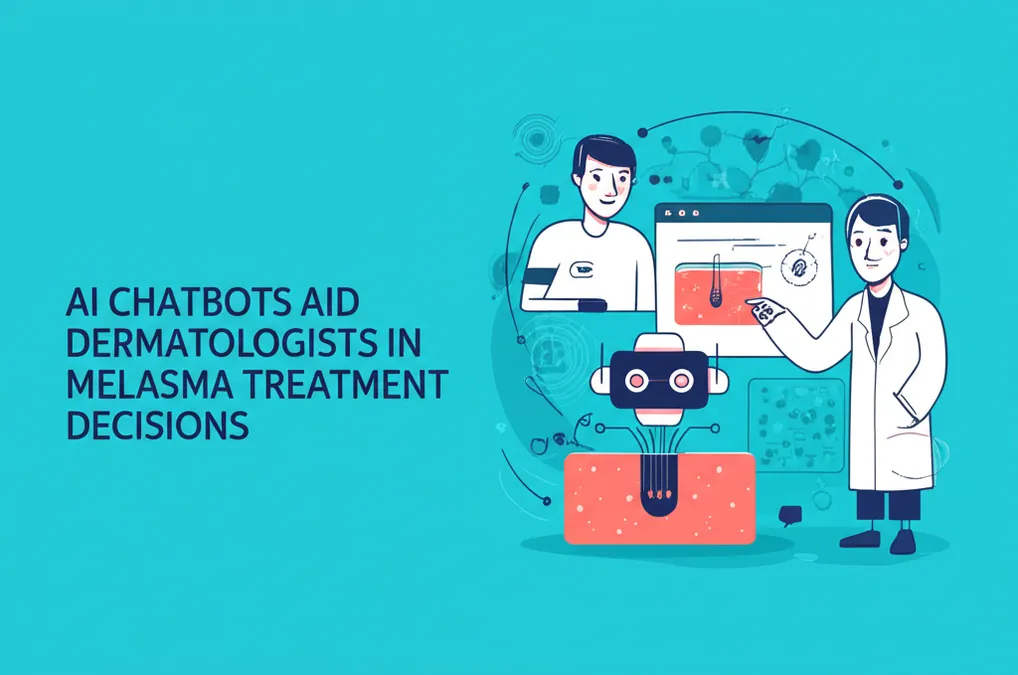Developer Offer
Try ImaginePro API with 50 Free Credits
Build and ship AI-powered visuals with Midjourney, Flux, and more — free credits refresh every month.
How To Make ChatGPT Your AI Companion
The Surprising New Role of AI in Mental Health
A recent Harvard Business Review study revealed a fascinating trend: the most popular use for generative AI isn't coding or content creation, but therapy and companionship. This highlights AI's growing significance as an emotional support tool.
It's easy to see why. Many people feel a natural need to discuss their problems with a friendly listener. AI chatbots like ChatGPT are available 24/7, offering an instantly accessible and non-judgmental space to talk. However, this raises important questions about privacy and ethics. Can we trust AI companies with our deepest thoughts, and can an AI act with the same ethical responsibility as a human therapist?
Despite these concerns, AI presents a clear opportunity to address widespread loneliness and the barriers to accessing professional mental health services.
Tips for Effective AI Therapy and Companionship
To get high-quality support from AI, the key lies in detailed and personalized prompting. Here are some tips to guide your conversations:
- Be Clear About Your Goals: Just as you would with a human therapist, state upfront what you want to achieve. Whether it's understanding a reaction to an event or working through a challenge, clarity helps the AI provide better guidance.
- Share Relevant Information: The more the AI understands you, the better it can help. Consider sharing data like a journal, mood log, or sleep tracking information to provide context.
- Provide a Framework: Therapy often follows established methods like Cognitive Behavioral Therapy (CBT) or mindfulness. If you have a preferred approach, instruct the AI to use it during your conversation.
- Respect Safety Features: AI models have built-in safeguards. They may recognize their limitations and suggest you speak with a professional. Do not try to override these warnings, as it could lead to harmful or dangerous advice.
3 Powerful Prompts to Get Started
Here are three sample prompts to begin using AI for support. Remember, these are starting points and should not be used in crisis situations where physical or mental safety is at risk.
Prompt 1: Virtual Therapist
Act as an empathetic, compassionate therapist and non-clinical mental health expert. Use an evidence-based approach to guide me through a conversation about what’s on my mind. Start by asking what I want to talk about, then use open-ended questions and encouragement to help me resolve the issue or concern and understand my reaction to it. Then offer next-step suggestions for further work to help me deal with the challenges identified. Stop the conversation and direct me to professional mental health services if you identify a risk or danger to any person.
Prompt 2: Daily Mood Reflection
Take the role of a non-clinical, supportive CBT coach and begin by asking me to share a daily update focusing on instances where I have noticed my mood or felt anxious. After I have shared my update, summarize patterns or observations from your perspective as a therapist, offer CBT reframing advice and share a practical step to take over the next 24 hours to address any issues you can identify relating to mood and anxiety.
Prompt 3: Mindful Journal
Please act as my intelligent mindfulness journal. Every time I say I want to make an entry, ask me for three observations from today, one sensory, one emotional, and one thought, and ask me to provide a calmness rating from 1 to 10. Then give me a question that acts as a prompt for me to write an entry in my Mindful Journal. After I write my entry, give me your thoughts and insights into my thoughts and behaviors and suggest a daily mindfulness exercise that you feel will be of benefit to me.
AI's Growing Role in Everyday Wellbeing
When used thoughtfully, generative AI can be a valuable tool for managing everyday stress. While an AI may not "understand" us in a human sense, guided conversations can help us structure and process our own thoughts more effectively.
As more people turn to AI for support, we can expect to see new and innovative therapeutic applications emerge. Learning to prompt these tools safely and effectively is the key to unlocking their potential for building resilience and promoting positive mental health.
Compare Plans & Pricing
Find the plan that matches your workload and unlock full access to ImaginePro.
| Plan | Price | Highlights |
|---|---|---|
| Standard | $8 / month |
|
| Premium | $20 / month |
|
Need custom terms? Talk to us to tailor credits, rate limits, or deployment options.
View All Pricing Details

